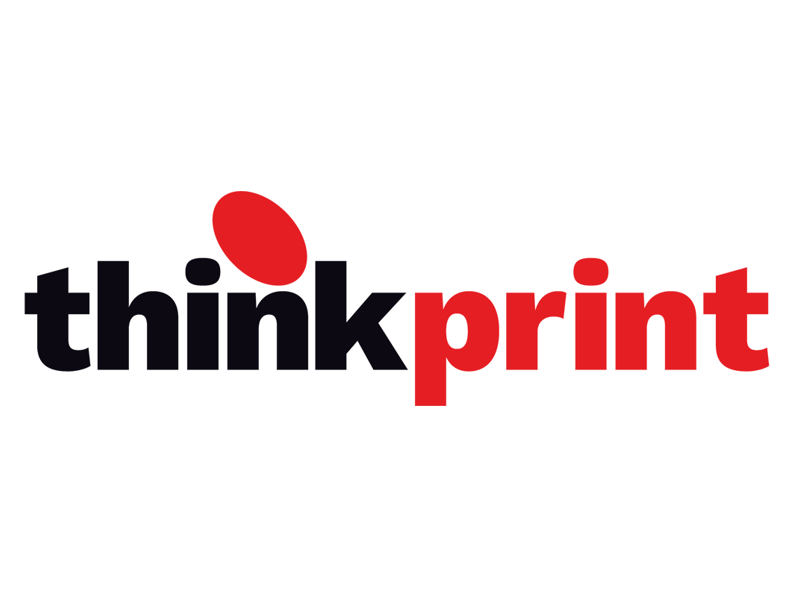What is an Employee Ownership Trust?
An Employee Ownership Trust (EOT) enables exiting owners to transition ownership of a business to their employees, leaving it in experienced hands while also rewarding and motivating the employees who become co-owners.
Eligible employees will indirectly own the business, and will collectively be beneficiaries of the trust, receiving financial benefits that would typically be given to shareholders.
The exiting owners can remain involved with the business (continuing to own up to 49% of the share capital), enabling them to help plan for the future without making any immediate or dramatic changes in management.
Since their introduction by the government in September 2014, EOTs have become an increasingly popular option for exiting owners given the wide range of benefits these can provide to the business, the exiting owner and the employees also.
What are the key benefits of EOTs?
Employee Ownership Trusts offer numerous advantages for both business owners and employees
Security may be required. Any property or asset used as security may be at risk if you do not repay any debt secured on it. Our business lending products are not regulated by the Financial Conduct Authority or the Prudential Regulation Authority.
How do Employee Ownership Trusts work?
EOT buy-outs are often funded through deferred consideration based on future profitability. This means that shares are sold by the shareholders on a deferred payment basis, with instalments being paid over a period of time. By using external finance, it is possible to speed up access to these funds for the selling shareholders and therefore fast-tracking the EOT. 
This method provides sellers with expedited access to capital, thereby facilitating a smoother and more rapid transition, while ensuring business operations remain uninterrupted.
About Shawbrook
EOT Funding at Shawbrook
Our funding is available for UK based limited companies with experienced management and employee teams.
Releasing value on your assets
Unlock the value tied up in paper and hard assets
For businesses with substantial capital tied up in their balance sheet, our Asset Based Lending proposition can unlock that value to provide both strategic capital and on-going financial headroom to support pivotal events.

Leveraging Your Cashflow
Utilising cashflow-based loans to fund significant business milestones
A senior debt product designed for established businesses requiring funding for growth, an acquisition, change of ownership or other general corporate purpose. Loan size is determined by a multiple of EBITDA (Earnings Before Interest Tax Depreciation and Amortisation), with repayments coming from future cashflows of the business.

Supporting the businesses you support
Explore our funding solutions for Private Equity investors supporting UK mid-market SMEs.
Employee Ownership Trust case studies
At Shawbrook we have worked with a number of businesses as they transition to an EOT.

Thinkprint UK transfers to an Employee Ownership Trust
Print marketing solutions provider, Thinkprint UK, has transferred to an Employee Ownership Trust (EOT), enabling a partial exit by its founder and giving employees a voice in the business. Shawbrook’s funding fast-tracked the transition and supported Thinkprint’s technology expansion plans.

Specialist VW Campervan conversion company moves into partial Employee Ownership
Denby Campervans Limited has changed ownership via a sale of equity to an Employee Ownership Trust, in a transaction advised by Yorkshire-based specialist Corporate Finance firm, Castle Square Corporate Finance and funded by Shawbrook.

Staff take ownership of award-winning tax practice
Award-winning tax practice, YesTax has successfully transitioned to an employee ownership trust (EOT) with funding support from Shawbrook. The business has become 100% employee-owned supported by a multi-million-pound Commercial Loan facility.
Adviser or Business Introducer?
We work with a range of corporate debt advisers, accountants, lawyers, and other knowledge based introducers to find solutions for their clients.
If your business is introducing clients to the right partners and we haven't spoken before, we understand that a conversation is just the start.
How is an EOT Funded?
Employee Ownership Trust funding
An EOT is typically funded through a mix of company profits, bank loans, and sometimes contributions from employees. The company earmarks a portion of its earnings to the trust, which then purchases shares from the current owners. This structured approach ensures that employees become beneficiaries without being financially overburdened.
EOT Transactions and Tax Implications
Structure of a typical Employee Ownership Trust transaction
A typical EOT transaction involves four key steps, including:
- The company sets up the EOT and appoints trustees
- The EOT raises funds through company profits, bank loans, or employee contributions.
- The trust purchases shares from the current owners, transitioning ownership to employees.
- The trustees manage the trust to ensure compliance and meet the business's financial and legal obligations.
What are the tax implications of an Employee Ownership Trust?
An EOT offers several tax advantages, including:
- Sellers can transfer shares to the EOT without incurring Capital Gains Tax, reducing the cost of ownership transfers.
- Employees are eligible for annual bonuses that are tax-free.
- Companies can deduct contributions made to the EOT from their taxable income, thereby improving tax efficiency.
These benefits make EOTs a compelling option for businesses looking to transition ownership in a cost-effective manner.
Please note, Shawbrook are not advisors. Therefore, anyone seeking to transition to an EOT should seek appropriate guidance.
EOT Structure
Who manages the Employee Ownership Trust?
An EOT is managed by appointed trustees. These trustees play a crucial role in overseeing the trust's operations, ensuring it adheres to legal and financial guidelines. Their responsibilities include managing the trust's assets, making decisions in the best interests of the employees, and ensuring that the EOT's objectives are met. Trustees often consist of a mix of employee representatives, independent experts, and company executives, who work together to maintain a balanced and fair governance structure.
The Board of Trustees
The Board of trustees for an EOT typically consists of employee trustees, vendor trustees, and independent trustees.
- Employee trustees represent the workforce, ensuring their interests are considered.
- Vendor trustees are often former owners or sellers who bring historical knowledge and continuity.
- Independent trustees offer unbiased expertise and oversight.
Together, they collaborate to fulfil trustee responsibilities, such as managing trust assets, ensuring compliance, and making decisions that benefit the company and its employees.
Who makes the decisions in an Employee Ownership Trust?
In an EOT, decisions are primarily made by the appointed trustees. These trustees are responsible for acting in the best interest of the employees and the business. This diverse group collaborates to make balanced decisions, fostering an inclusive and democratic approach to company governance.
If I sell my business to an Employee Ownership Trust, am I passing control of my business to the employees?
No, selling your business to an EOT does not mean you are passing direct control to the employees. Control is transferred to the appointed trustees, who manage the trust on behalf of the employees. While employees indirectly benefit from ownership, the trustees are responsible for making key decisions in the best interests of both the business and its workforce. This ensures professional and balanced governance.
Useful information
Useful links to more information in case you’ve not quite found what you’re looking for.


Help with our products
If you're an existing customer or you've got questions on how our products work, visit our help centre for support.

Business insights hub
We break down the latest data, insights and topics to help SMEs understand the key issues affecting their business.

News & case studies
Read our latest news and find out more about the businesses we have supported.
Our business

About Shawbrook
Shawbrook provides finance to a wide range of customers who value the premium experience, flexibility and certainty we deliver. We are a purpose-led organisation, with a focus on delivering long-term sustainable value for all our stakeholders.

Sustainability
Our sustainability strategy is designed to create value for our customers, colleagues, communities, suppliers and shareholders, while having a positive impact on society and the wider environment.

Sponsorship Programme
As official banking partner of Saracens Rugby Club and lead partner of London Mavericks netball, we are proud to champion inclusive elite sport and the opportunities it can bring for all participants, both on & off the field & court.
